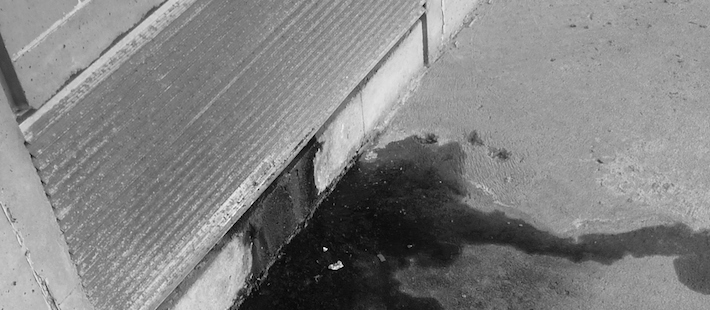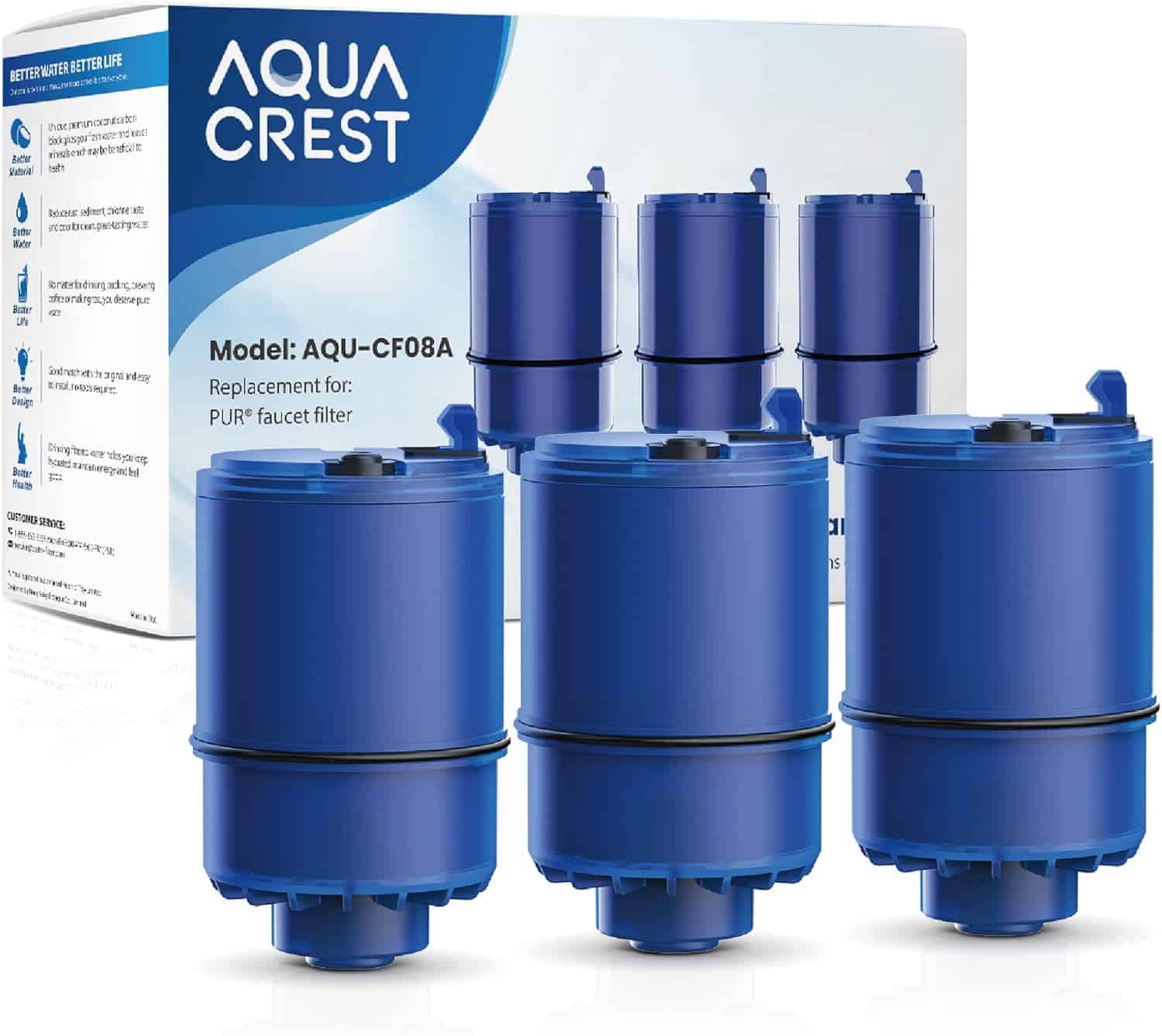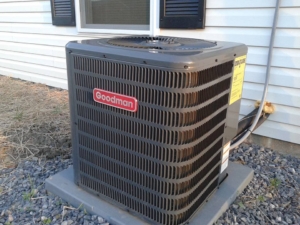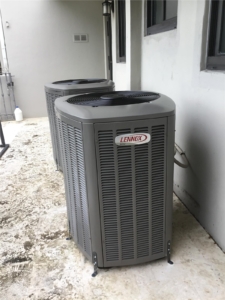AC Refrigerant Leaking? Learn What To Do (2023 Guide)
Do you have a pool of liquid near the ac unit or maybe it’s not getting cold as it once was before; it may be the ac refrigerant leaking. This blog will share some information about ac refrigerants to help you.
AC refrigerants are divided into two types, those that absorb heat and the ones that reject heat. Heat is absorbed when it comes in contact with the refrigerant, which then becomes a gas and moves through the system. The gas absorbs the heat from inside your house and circulates it outside to be released. This process helps keep your home cool.
The other type of refrigerant is the one that rejects heat, which helps keep your home warm by pushing the hot air outside and bringing in fresh cool air from outside. This process is known as “heat rejection”.
These two processes are necessary for your ac to work properly; however, if you have a leak in your ac system, these processes are not being carried out correctly. An ac refrigerant leaking can be due to a damaged compressor, or it may be caused by a faulty seal. If the refrigerant is leaking, you will need to replace it as soon as possible so that your ac can do its job properly.
Freon Leak Symptoms
While an ac refrigerant leaking are often collectively referred to as “Freon,” Freon is actually the name of one specific brand of refrigerant. Freon is a trademarked brand name of air conditioning refrigerant created by DuPont.
1. Low Airflow
2. AC Blowing Warm Air
You may have noticed that your home is taking longer to cool down and you might feel lukewarm air coming from the vents. These are telltale signs of an inefficient AC system.
3. Ice Build-Up on the Copper Lines or Evaporator Coil
A common indication of a refrigerant leak is ice accumulation on the copper lines or evaporator coils. This occurs when your system does not contain enough refrigerant to cool your home efficiently, causing heat absorption and resulting in condensation that leads to icy buildup.
4. High Electric Bills
Refrigerant leaks in your air conditioning system can be detrimental, as they force the entire system to work overtime and expend extra energy. This increased strain on your AC will lead to an increase in your monthly utility costs.
5. Your House Takes Longer to Cool Down
Refrigerant plays an essential role in cooling your home by absorbing the heat within and then expelling it outdoors. Unfortunately, if there isn’t enough refrigerant within the system, you won’t feel as comfortable during those hot days – so make sure to top off any lost amounts!
To check for leaks, you can use a special dye designed to react with the refrigerant and turn the liquid a different color if it has been exposed to leaking gases. If you do find a leak, make sure you contact an HVAC specialist immediately so they can repair or replace the faulty component.
Are refrigerant leaks dangerous? Refrigerant exposure can be dangerous, so if you believe your AC is leaking freon, we suggest you reach out to a licensed HVAC technician vs going at this one for a DIY – do it yourself project.
You could have a slow freon leak in home ac coil that is not visible. A refrigerant leak smell would be between sweet and chloroform. An HVAC technician has the proper to tools to detect the leak and make the repairs.
Finally, keep in mind that some type of refrigerant is more energy efficient than others. By switching to an eco-friendly refrigerant, you will save money on your energy bills and reduce your environmental impact.
Types of AC Refrigerant
1. R-22 (Freon)
R-22 is the most commonly used type of refrigerant in air conditioning systems and it comes in liquid form. It is created by combining chlorine and fluorine gases, which are both toxic to humans, making it a hazardous substance if not handled correctly. As an ozone-depleting chemical, R-22 is being phased out and replaced with newer, more energy-efficient refrigerants.
2. R-410A (Puron)
R-410A is a non-ozone-depleting alternative to R-22 and it works just as efficiently without environmental consequences. It consists of two components: difluoromethane and pentafluoroethane, both of which are non-toxic and more energy efficient than R22.
3. R-134A
R-134A is an HFC (hydrofluorocarbon) refrigerant that is used in some home cooling systems. It consists of a single, non-toxic component and it is known to be less efficient than either R-22 or R-410A. However, it can still act as a viable substitute for older AC systems that are not compatible with other refrigerants.
Conclusion: AC Refrigerant Leaking
An ac refrigerant leak in your air conditioning system can cause a host of problems, from icy buildup to high energy bills. If you suspect that your system is running low on refrigerant, contact a certified HVAC technician and let them check for leaks and top off any lost amounts. Additionally, consider switching to an eco-friendly refrigerant such as R-410A or R-134A to reduce your environmental impact and save money on your energy bills. Remember, refrigerant exposure can be dangerous, so leave it to the professionals!
I hope this article has been helpful for you to find your ac breaker. If you have additional questions and want to get in contact with GGR Home Inspections please send us a note, text, or call.






